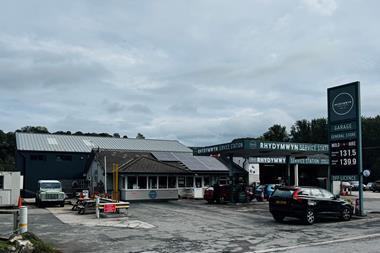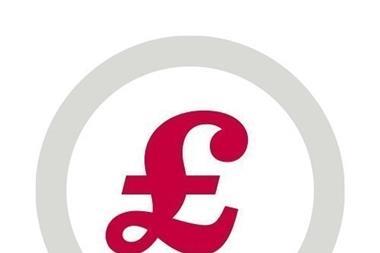
It’s not very often that anyone feels sympathy for a Chancellor of the Exchequer (and I’m not talking about the latest headlines!); but even the most hard-hearted observer ought to have just a little for Rishi Sunak following last month’s Spring Statement.
A man trying to keep the financial ship HMS UK afloat somehow, when it is being holed on every side by events that are simply beyond his control. Not only does he have to fight his own political instincts (low taxation, low government spending…) but he also has to accommodate vociferous calls from all sides of the political spectrum for the government to ‘do more’ – to reduce poverty, increase military spending, continue additional funding of the NHS because Covid19 hasn’t gone away, etc, etc. The list is almost literally endless.
He was faced with something that he almost certainly wouldn’t have budgeted for (no pun intended) only six or seven weeks before his March statement: pump prices of diesel were in the region of £1.80-£1.85 per litre and rising.
Cue the obligatory and almost daily calculations in the tabloids of how much it costs to fill-up a ‘family car’: a 50-litre VW Golf Diesel at £90, an 86-litre Range Rover Diesel at £154.80 anyone?
And, of course, as all fuel retailers are only too aware, the usual ‘consumer champions’ were again wailing about the fuel retail industry ‘profiteering’ because they didn’t cut pump prices straight away.
Anyway, the Spring Statement included what was surely a last-minute announcement of an immediate reduction in fuel duty of 5ppl (from 57.95ppl to 52.95 ppl) to be in effect until March 2023. That is actually the first reduction since March 2011, and it takes the duty rate back very close to where it was in March 2009 (52.35 ppl). In fact, looking at historic rates of duty going back more than 30 years (to March 1989, in fact) this is only the second general cut in fuel duty on mainstream petrol and diesel in all of that time. Given that VAT is charged on top of duty, the effective price cut at the pumps should be 6ppl. Except that retailers will already have paid duty on every litre they had in stock at the time of the Chancellor’s announcement. While one or two of the supermarket chains announced that they’d cut pump prices within 24 hours (good PR, but possibly not as altruistic as it sounds – how many deliveries do they get each day at some of their biggest sites?) most independents couldn’t afford to take that hit.
While nobody came out and criticised the cut itself, many commentators pointed out that it was hardly going to make much difference: filling up your Golf Diesel would now cost £87 rather than £90 – and that’s assuming that crude oil prices don’t increase again any time soon.
Radical cuts
Others noted that the Republic of Ireland had just announced more radical cuts to fuel duty: approximately 17ppl on petrol, and 13ppl on diesel – although at the moment those cuts are only intended to stay in place until the end of August.
Some of the more astute commentators did note that despite the reductions here in the UK, the Treasury was still making a great deal of additional money from general fuel price rises, because of VAT. When the pump price was £1.50ppl, the VAT element was 25ppl. At a pump price of (say) £1.75 ppl, the VAT element is 29ppl. Money for nothing, really. So, it’s fair to say that the Chancellor could afford to be a little ‘generous’ with the duty cut.
Many of the same commentators went further and suggested that he should really have cut the VAT rate on fuels. Now in principle that’s a valid suggestion – anything that cuts pump prices does help to cut some selling costs for retailers, as we’ve repeated in this column for years – but if there was to be any fiddling around with VAT rates, it really wouldn’t have been able to take effect as quickly as the duty cut.
Major headache
From an accounting and administrative viewpoint, changing VAT rates is a major headache, and that’s putting it politely. It’s especially problematic if any rate is genuinely ‘new’ and hasn’t been used before (and therefore doesn’t exist somewhere as an option in your accounting software). Even if the rate is one that was in use sometime in recent memory (12.5%, 15%, 17.5%, etc) changing to it is something that needs a definite tax-point, almost essentially at a month-end and with a few weeks’ notice.
Ultimately, a little is surely better than nothing. The Chancellor is swimming against an extremely strong tide. Whether or not his March Statement makes much difference to the economic outlook here, only time will tell. With even the government admitting that living standards (ie disposable income) are going to drop during the next year (at least) by more than at any time since the mid-1950s, Mr Sunak may have to take some more drastic action come his Autumn Budget. Watch this space…
EKW Group provides accounting and payroll solutions for independent petroleum and convenience dealers, including fully outsourced accounting options:
01942 816512
ekwgroup.co.uk

































No comments yet